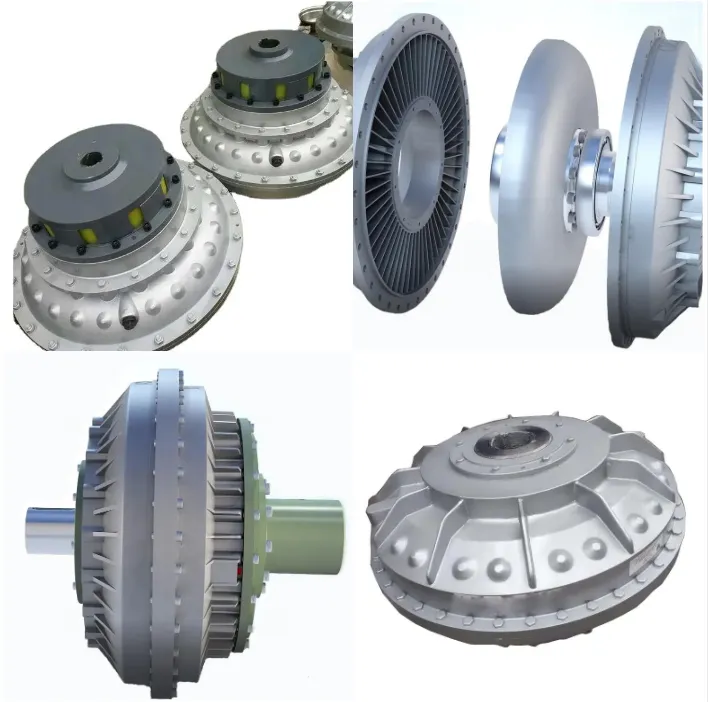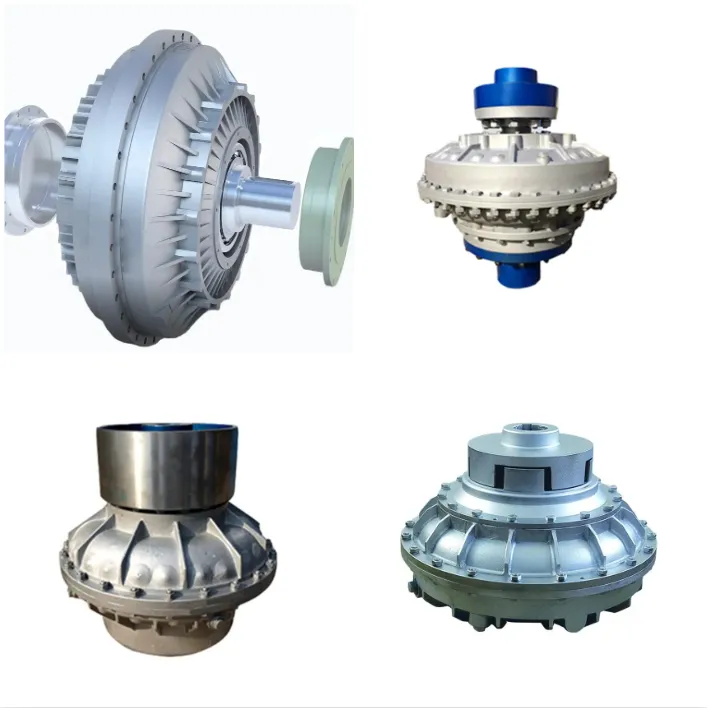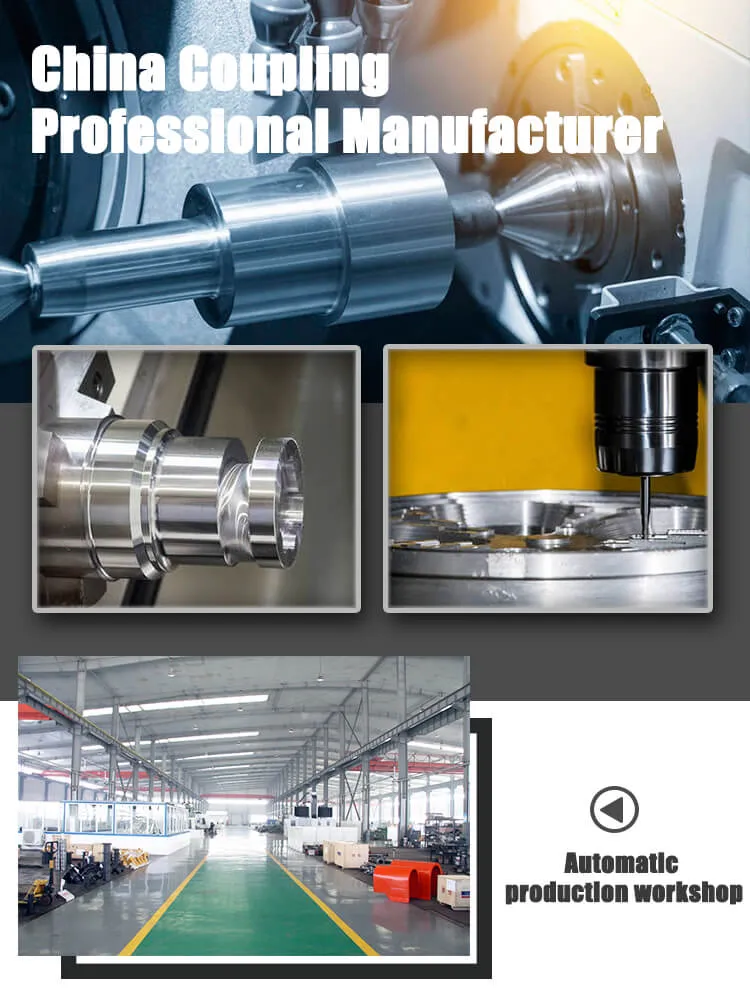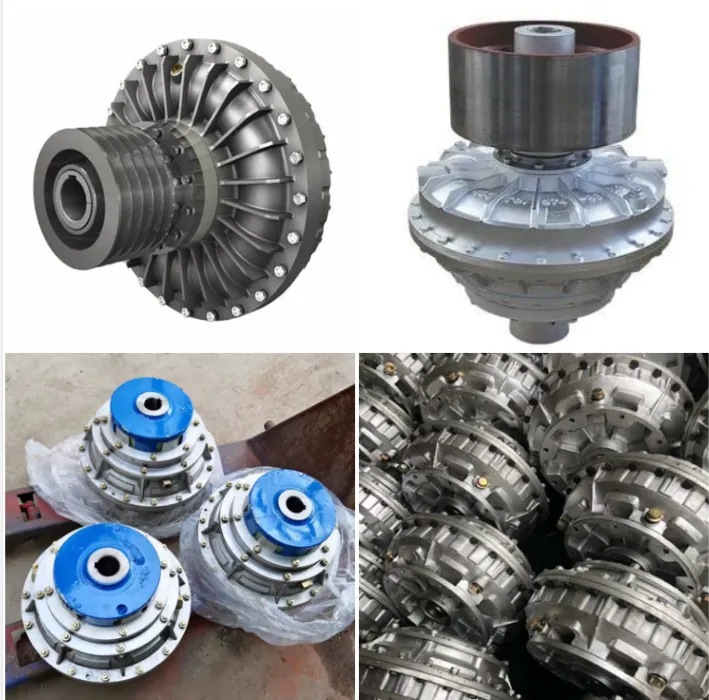Hydraulic Quick Coupler Repair
Understanding Hydraulic Quick Couplers
Hydraulic quick couplers, also known as quick disconnects, are critical components in hydraulic systems. They allow for the easy and swift connection and disconnection of hydraulic lines, enhancing the efficiency and flexibility of machinery.
Common Issues with Hydraulic Quick Couplers
Despite their robust design, hydraulic quick couplers can encounter problems such as leaks, wear and tear, and blockages. Identifying these issues early can prevent further damage to the hydraulic system.
Signs of a Faulty Hydraulic Quick Coupler
Signs of a faulty coupler include reduced hydraulic pressure, fluid leakage, and difficulty in coupling or uncoupling. Regular inspection can help detect these issues before they escalate.
Tools Required for Repair
Repairing hydraulic quick couplers typically requires specific tools such as wrenches, pliers, seal kits, and diagnostic equipment to ensure precision and safety during the repair process.
Step-by-Step Repair Guide
1. Disconnect the coupler from the hydraulic system.
2. Inspect the coupler for visible damage.
3. Replace worn-out parts such as seals and springs.
4. Reassemble the coupler and test for leaks.
Preventive Maintenance Tips
Regular maintenance, including cleaning and lubrication, can prolong the lifespan of hydraulic quick couplers. Additionally, using high-quality fluids and seals can prevent premature wear.
Choosing Quality Replacement Parts
Always opt for OEM (Original Equipment Manufacturer) parts or high-quality aftermarket options to ensure compatibility and performance.
Professional Repair Services
If self-repair is not feasible, professional repair services offer expertise and specialized equipment to restore the functionality of hydraulic quick couplers.
Cost of Repair versus Replacement
Assessing the cost-effectiveness of repair versus replacement is critical. While repair might be cheaper, replacing severely damaged couplers can save costs in the long run.
Enhancing System Efficiency
Functional hydraulic quick couplers are integral to the optimal performance of hydraulic systems, improving efficiency and reducing downtime in industrial operations.
Innovations in Hydraulic Quick Couplers
Technological advancements have led to the development of more durable and efficient hydraulic quick couplers, incorporating materials and designs that enhance performance and reliability.
Environmental Considerations
Eco-friendly hydraulic fluids and coupler designs minimize environmental impact, promoting sustainable practices in hydraulic system management.
Safety Precautions during Repair
Adhering to safety protocols, such as depressurizing the hydraulic system and wearing protective gear, is essential to prevent accidents during repair.
Training for Hydraulic System Technicians
Proper training and certification for technicians ensure that repairs are conducted efficiently and safely, maintaining the integrity of hydraulic systems.
Future Trends in Hydraulic Coupler Technology
Future trends point towards the integration of smart technologies in hydraulic couplers, enabling real-time monitoring and predictive maintenance to enhance system reliability.

What is the function of hydraulic coupler?

The function of a hydraulic coupler includes:
- Connecting Hydraulic Lines: Hydraulic couplers provide a secure and leak-free connection between hydraulic lines, ensuring efficient transfer of hydraulic fluid.
- Enabling Quick Disconnection: They allow for the rapid disconnection of hydraulic lines without the need for tools, facilitating maintenance and equipment changeovers.
- Supporting High-Pressure Systems: Hydraulic couplers are designed to withstand high pressures, maintaining system integrity and preventing fluid loss.
- Minimizing Fluid Contamination: They often come with built-in mechanisms to prevent dirt and debris from entering the hydraulic system during connection and disconnection.
- Ensuring Safety: Properly functioning couplers prevent accidental disconnections and leaks, thereby enhancing the safety of hydraulic operations.
What are the two types of fluid coupling?

- Constant-Fill Fluid Coupling: This type of coupling maintains a constant level of hydraulic fluid within the coupling chamber. It provides smooth power transmission and is commonly used in applications where constant torque is required.
- Variable-Fill Fluid Coupling: Also known as a hydrodynamic coupling, this type allows for the adjustment of fluid levels within the coupling chamber. It is used in applications requiring variable torque and speed control, providing greater flexibility and energy efficiency.
How do hydraulic quick couplers work?
Hydraulic quick couplers operate by utilizing a locking mechanism to securely join hydraulic lines. The coupler consists of two halves: the male and female components. When these components are connected, a valve opens to allow fluid to flow through. Disconnection involves closing the valve to prevent fluid leakage, followed by releasing the locking mechanism to separate the components.
Selecting the Right Hydraulic Coupling
Choosing the right hydraulic coupling involves considering several parameters and actual conditions:

- Pressure Rating: Ensure the coupling can handle the maximum operating pressure of the hydraulic system to prevent failures.
- Flow Rate: The coupling should support the required flow rate without causing excessive pressure drops or fluid turbulence.
- Material Compatibility: Select materials that are compatible with the hydraulic fluid to avoid corrosion and degradation.
- Size and Connection Type: The coupling size and connection type must match the existing hydraulic system components for seamless integration.
- Environmental Conditions: Consider factors such as temperature, exposure to chemicals, and outdoor conditions to ensure the coupling performs reliably in the operational environment.
HZPT: Your Trusted Hydraulic Coupling Manufacturer
Established in 2006, HZPT is a leading manufacturer specializing in the research, development, and production of high-precision couplings, ball screw support units, motor brackets, and motion modules. Our coupling product line includes servo motor couplings, stepper motor couplings, miniature motor couplings, and encoder couplings, among others.
Our Advantages:
- Advanced Technology: We leverage cutting-edge technology in our manufacturing processes to ensure high-quality and innovative products.
- In-House R&D Center: Our dedicated research and development center allows us to continuously improve our products and stay ahead of industry trends.
- Comprehensive Processing and Testing Systems: We maintain strict quality control with our in-house processing and testing systems, ensuring each product meets ISO 9001:2015 certification standards.
- ROHS Compliance: Our products are environmentally friendly and compliant with ROHS regulations, promoting sustainability.
- Global Recognition: Our products are widely recognized and used by top-tier clients from Japan, the USA, Germany, Israel, Malaysia, Singapore, Taiwan, and more, attesting to our quality and reliability.
Our extensive product range is widely applied in high-precision connections and various automated machinery and equipment across industries such as electronics, solar energy, photovoltaics, machine tools, packaging, molds, medical, and printing. We invite you to partner with us and experience the superior quality and performance of HZPT¡¯s hydraulic couplings.